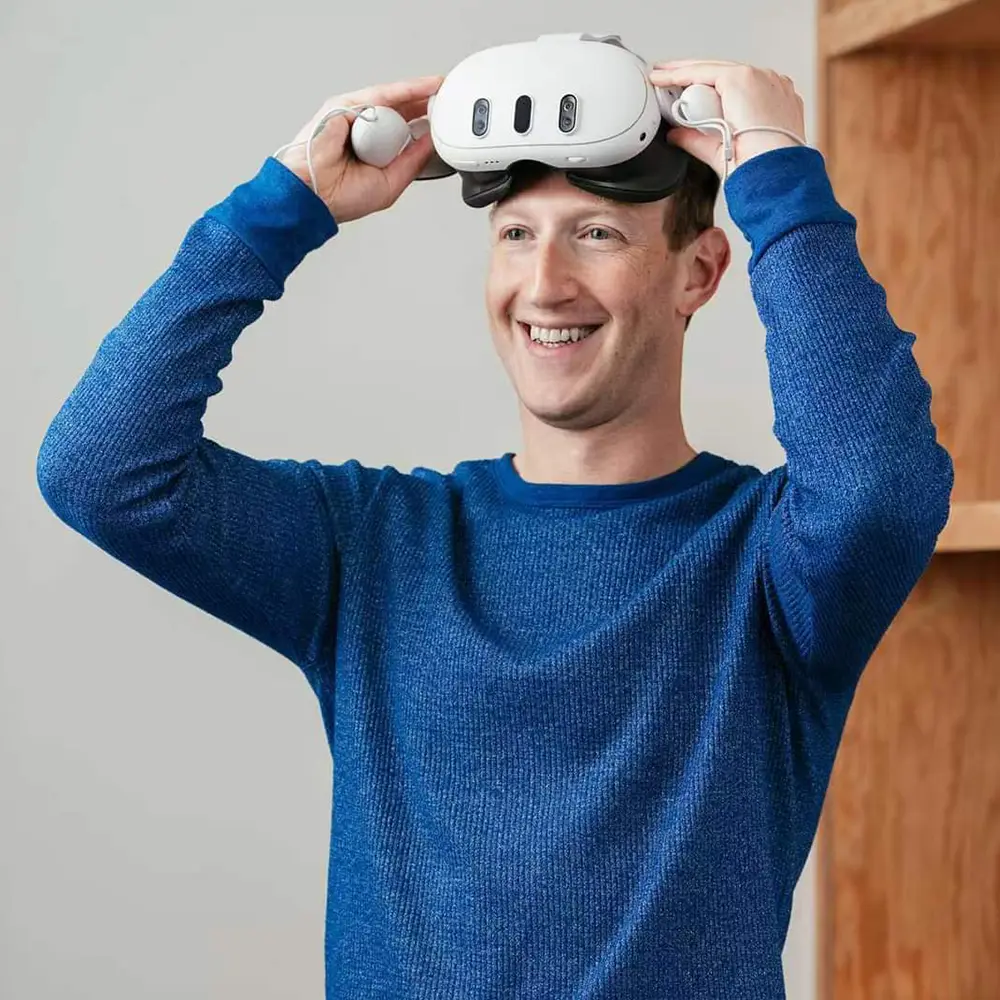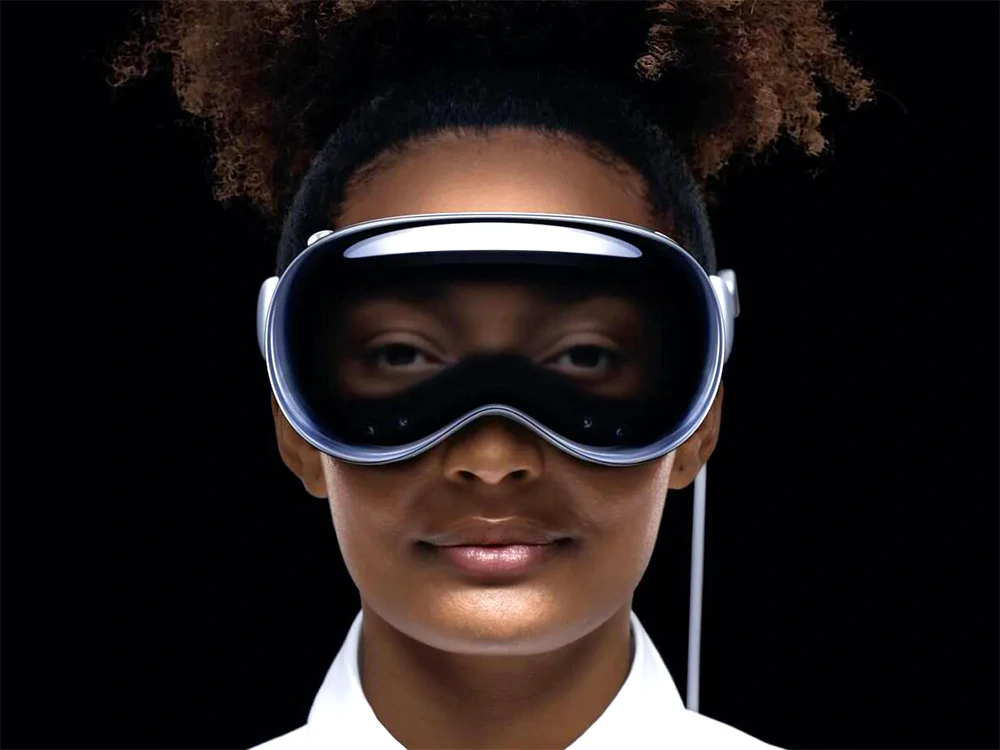In business, it's extremely important to respond to the market's demand.
And Meta, as the largest social media platform around, knows this very well. In fact, it even managed to kickstart a new market. It was so focused at the venture, that CEO and founder Mark Zuckerberg even rebranded Facebook to Meta.
But the hype slowly faded.
Three years on and after spending $50 billion into investment, sales from Meta's Quest devices barely count as 1% of the company's revenue, and the Metaverse, which has since become Zuckerberg's ambition, remains a largely nebulous concept that has so far failed to capture the imagination of customers.
However, this is changing.
At least in Zuckerberg's mind.

Formerly known as Facebook, Meta in 2021 changed its name in part to communicate its vision of a future "metaverse" in which people wear its headsets and interact with each other in a completely virtual reality.
The thing is, people don't see things the way Zuckerberg sees, and because of that, Horizon Worlds is pretty much a ghost town.
Then suddenly, Apple entered the competition, with its Apple Vision Pro.
With the Vision Pro receiving positive reviews, and that people who pre-ordered the spatial computer cannot contain their excitement, Zuckerberg is also excited.
This is because Meta starts seeing a glimpse of hope.
Meta starts seeing the Apple's headset as a potential validation to Zuckerberg's gamble.
Meta hopes that Apple's Vision Pro could soon realize Zuckerberg's meta dream, of having everyone wear Oculus on their face for hours of work, entertainment, and even socializing.
Zuckerberg and other Meta executives hope that Apple’s Vision Pro can rekindle people's interest in the metaverse.

Meta has a variety of headsets, with the latest being the Meta Quest 3.
Developed by Reality Labs, a division of Meta Platforms, it was unveiled on June 1, 2023, and released on October 10.
As the successor, and also the evolution of the Quest 2, it uses a pair of LCD displays with a per-eye resolution of 2064×2208, which is an increase over the 1832×1920 resolution of the Quest 2. The headset also combines elements of the Meta Quest Pro, including a thinner form factor and pancake lenses, and additional sensors and color passthrough cameras intended for mixed reality software.
On the inside, it uses the Snapdragon XR2 Gen 2, a system-on-chip manufactured by Qualcomm and based on their Snapdragon 8 Gen 2 flagship mobile phone SoC.
Meta boasts that the Quest 3 has more than twice the raw graphics (GPU) performance of the Snapdragon XR2 Gen 1 used by the Quest 2 and other similar standalone headsets.
As for the controllers, it uses "Touch Plus", which is similar to that on the Quest Pro, but unlike the Quest Pro, the controllers don't have dedicated processors and cameras for on-board positional tracking.
Long story short, with a price ranging between $499.99 and $649.99, the Quest 3 is one of the most powerful and capable mixed reality headsets around, and also the most reasonably priced.
Until the Apple Vision Pro came into play.
While the Vision Pro comes with an exorbitant price ranging from $3,499 to $4,048, and that the Apple mixed reality headset is around 7 times more expensive, for those who don't concern its price, the Vision Pro lives up to its price.
From the outside, it's all glass appeal is a far cry from the Quest 3 plastic.
On the inside, it features an M2 chip, 12 cameras, 6 microphones, 5 sensors, and a 4K per eye display resolution.
With eye tracking system, the Vision Pro doesn't even require input from a controller.

While the two devices are on a whole different level and not at all on the same league, they're built for different purpose and experience.
Whereas the Vision Pro is focused on spatial computing and mixed reality. designed for professionals and productivity, the Quest 3 is more focused towards VR enthusiasts and gamers.
But still, the Vision Pro's appeal is somehow greater than the Quest 3.
This is why Meta expects Apple to "reinvigorate" the public's interest in virtual reality headsets, and boost the sales of its own Quest 3, because it's the cheapest of the two.
For those who concern about the price tag, Quest 3 that is a seventh the price of the Vision Pro, is a bargain.
And with the Vision Pro's debut, Meta wishes to evolve Quest 3 from just a niche device, to garner a wider audience.
After all, both Zuckerberg and Andrew Bosworth, the chief technology officer at Meta, have long believed that having a strong competitor could boost the market.
Meta employees see the many Quest devices and their software ecosystem emerging as a primary alternative to Apple in the space, filling the role played by Google's Android in smartphones.
Read: Anything 'Subscale' May Not Worth Investing At. But Things Can Change